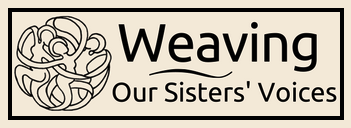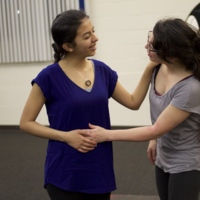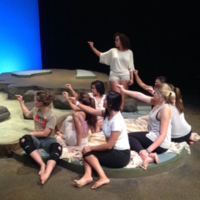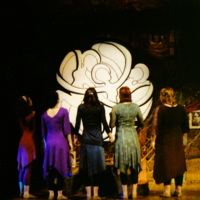Midrash
Linda Schearing introduced me to the tradition of Midrash. This was an accepted part of the Jewish faith that allowed storytellers to conjure up and weave creative solutions, while telling a story to fill in the gaps. Rather than obsess on the exact written word and ‘correct’ meaning, they could apply it to their lives creatively. As Rachel Barenblat writes, “Through midrash we reveal Torah’s meanings. Midrash allows us to posit answers to our questions, to explore hidden motivations for mysterious moments in Torah, to offer explanation” (Barenblat 172).
One example that Dr. Schearing often used to explain Midrash was how a Sunday School might teach the story of Cain and Abel. The text in Genesis 4 only tells us that God was pleased with Abel’s offering and not with Cain’s, and consequently Cain took his brother into the field and killed him. Without any Midrashic interpretation, this story falls flat, so the Sunday School teacher will explore the “hidden motivations” at play in the story. Often, they will teach the children that Abel offered the best of his flocks while Cain only offered mediocre crops, using this as a lesson about offering our best to earn God’s favor. They may also teach against jealousy or promote care for one’s family; all good lessons, but none explicitly explained in the biblical text.
"Learning about the tradition of Midrash has been a great experience for me since it is a tradition I have long been indulging in without realizing it. Pastors do this all the time – we extrapolate from the information in the text to create a full narrative."
– Janine Warrington, cast 2015
Being introduced to this method called Midrash was a great relief to me because I was afraid that somehow our theatricalization of Scripture could upset our audience. The tradition of Midrash, however, would allow us to share these stories as a springboard to make important connections to social justice issues today. One of the people who contributed to our talk back sessions, Rabbi Elizabeth W. Goldstein said that Midrash is a filling out and elaboration of the story, so theatre represents a sort of Midrash tradition. Each time the play was redesigned and performed in different ways, it was as if the script was going through a process of Midrash.
Suzanne Ostersmith



